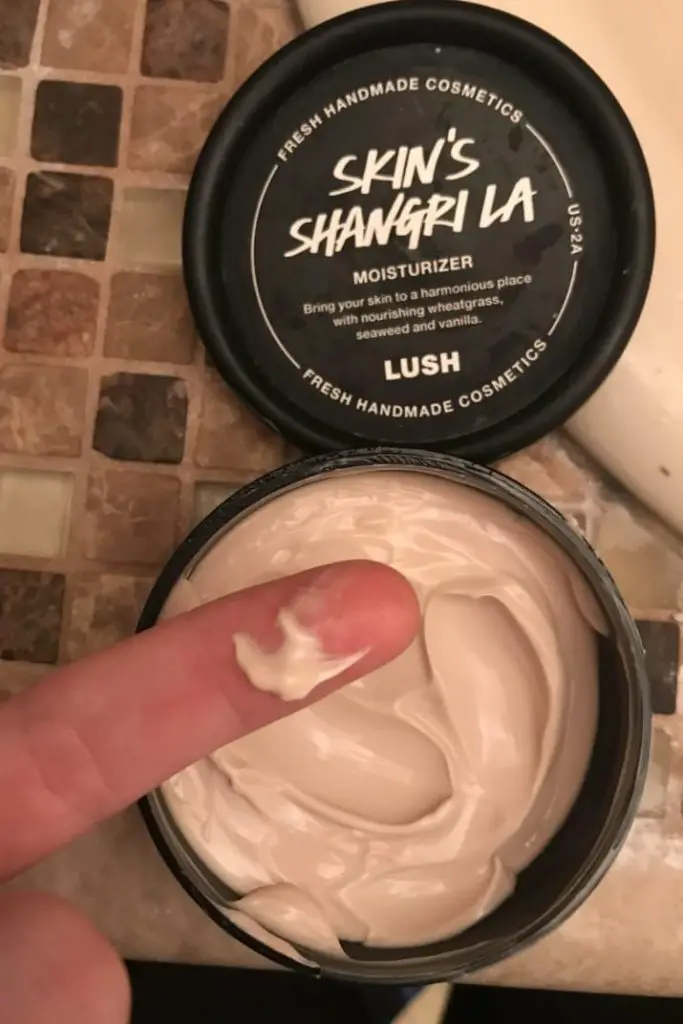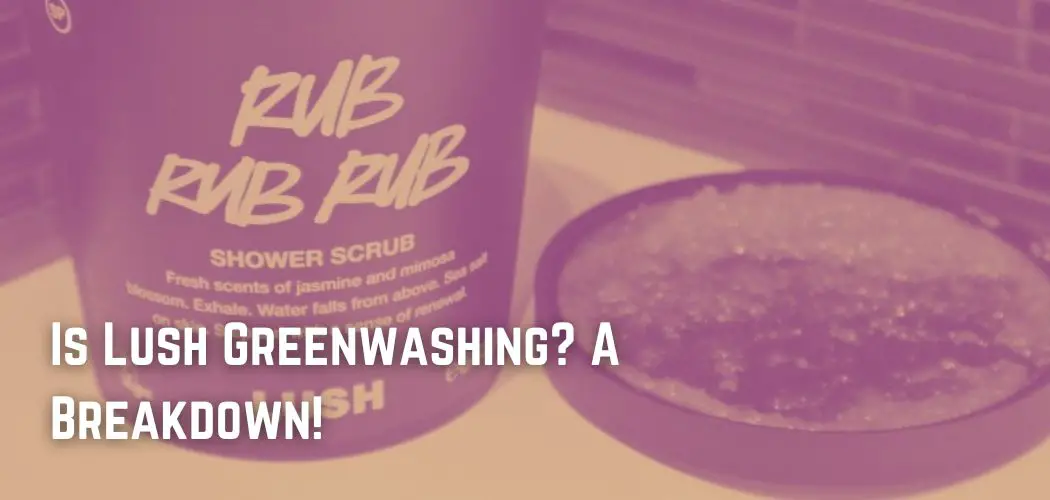Lush is a globally renowned brand with a loyal fan base. The business, which was founded in 1995 in the United Kingdom, has more than 900 outlets globally.
Considering the brand’s exponential growth, it must be doing something right. Let’s examine the brand’s policies to determine the situation.
“Fresh Handmade Cosmetics” is Lush’s motto, which appears on its logo and promotional materials. Even though it doesn’t say that the brand is natural for sure, it’s clear that it is.
Lush has robust policies regarding politically problematic conduct. The company is accredited with the Fair Tax Mark, proving that it pays its taxes. Despite being a manufacturer of sunscreen, it does not use any problematic technologies.
Nanotechnology is often used to make sunscreens, but Lush told Ethical Consumer in 2017 that it does not use nanotechnology in any of its products.
Artificial Fragrance
The majority of LUSH products contain synthetic fragrances. Almost every product they sell has synthetic fragrance, which is problematic.
The problem with synthetic scents is that the word “smell” can be used to hide the exact chemicals that make up the scent.
Some fragrances need hundreds of chemicals that are made in a lab. Some of these chemicals may be harmful to people or the environment.

When the word “fragrance” is written in black on the Lush website, it means that the product contains chemicals that are made in a lab. However, the brand would not divulge the identity of these components.
Many Lush products, including bath bombs, soaps, shampoos, conditioners, lotions, shower gels, shaving creams, bath oils, and deodorants, include synthetic fragrances.
Impact On The Environment
The environmental stance of Lush could have been greater.
When we examined Lush’s environmental policy in March 2019, it made some excellent points, such as the fact that 90% (by weight) of the company’s packaging was recycled and that the goal was for all of it to be biodegradable or recyclable.
This kind of environmental report showed that Lush had a good understanding of its effects, but it lost points because it didn’t set any measurable goals for the future.
It also got the worst grade for how it handles harmful chemicals and a middle grade for how it gets its palm oil.
One of the best chances they had to get rid of palm oil was in the soap base made in the UK, which used to contain palm oil.
“We worked with the company to make palm-free soap noodles and palm-free soap flakes, which are now used as standards all over the world.”
However, the company’s website from 2019 says that the company still uses palm oil derivatives because it is hard to find good alternatives. The page enumerated the products containing these derivatives.
Additionally, the Lush website stated that the company had ceased using around 250 metric tons of palm oil.
Uses Parabens
Lush uses parabens liberally in their cosmetics. Parabens are a chemical preservative that has been linked to disturbances of the endocrine system; they function as a very weak estrogen in the body.
Concern exists that parabens may cause breast cancer. In a 2004 study involving 20 women with breast cancer, all tumor tissue samples contained parabens. Even though this study has been severely challenged, we still advocate avoiding parabens.

There are other preservatives available, and several corporations have abandoned parabens in favor of safer alternatives.
We should urge LUSH to cease using parabens and switch to safer, more effective alternatives such as sodium benzoate and phenoxyethanol.
There are parabens in LUSH shampoos, conditioners, and cleansing products. Toners, lotions, eye creams, shaving cream, masks, exfoliants, eyeliners, moisturizers, eyeshadows, and mascaras.
Their Products Involve Animal Testing?
This is undoubtedly the most exciting aspect of the Lush brand, as it has always rejected animal experimentation.
Many members of the management team and even the brand owners were among the first animal rights campaigners in the United Kingdom, and they have made a difference by putting pressure on Parliament to change policy in England and the United Kingdom.

This year, animal rights activist Andrew Tyler was honored at the Lush Prize Awards in a ceremony that made people cry.
Andrew was a Lush Prize Judge, an animal rights writer for 20 years, and the director of Animal Aid, the second-largest animal rights group in the United Kingdom.
Palm Oil
Palm oil usage is contentious. From 1990 until 2008, 8% of the world’s forests are thought to have been cut down because of palm oil. It is the most popular vegetable oil in the world and is used in everything from food to beauty products.
It is controversial because forests are often unlawfully destroyed to clear land for palm tree cultivation. This damages the habitat for wild animals and plants, impacting species like tigers, orangutans, rhinoceroses, and elephants.
When a lot of trees are burned, huge amounts of black soot and carbon dioxide are released into the air.

Because so many of Lush’s products contain palm oil, there has been a lot of backlash against the brand.
But the company says it is working to get rid of palm oil from its products. They have come up with an alternative to palm oil and are working hard to get rid of it from all of their products.
Lush keeps an open list of ingredients derived from palm oil for customers who want to avoid using products that contain it.
Conclusion
It is difficult for a corporation of this size to get everything right, but Lush appears to be attempting to improve in some areas.
The brand’s usage of synthetic substances such as perfumes and questionable preservatives such as parabens is its main flaw. There are alternatives to these components that the company might employ, but they’re telling consumers that it’s fine to use these ingredients.
Whether or not you agree is up to you, but mostly no one recommends anything that contains parabens or artificial fragrances.
Overall, Lush engages in “greenwashing.” Most people have an impression of the corporation as a clean, natural, and eco-friendly brand; however, they are not quite as clean as they would have you believe.
